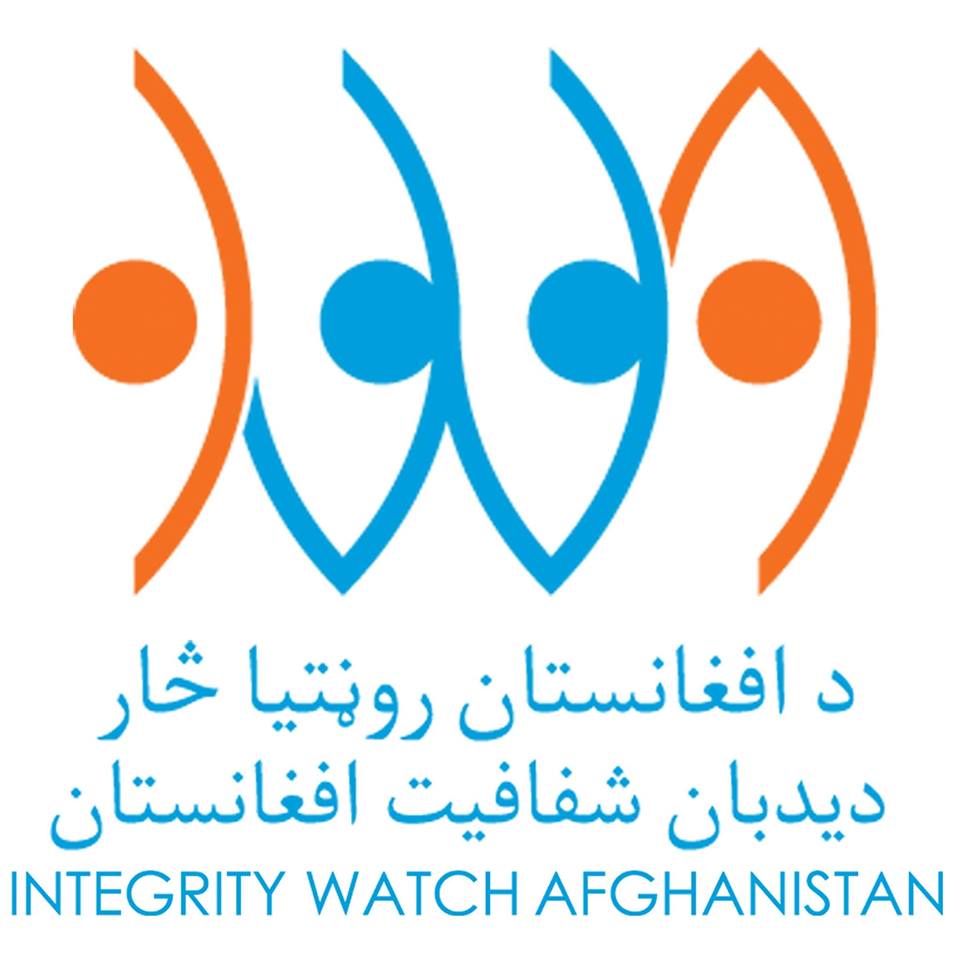Corruption remains central to many of Afghanistan’s challenges, says Integrity Watch Afghanistan’s national corruption survey 2018, asking the government to focus on long term anti-graft efforts.
Publish dateSunday 9 December 2018 - 11:26
Story Code : 175568
The survey released on Saturday has found some slight progress since in Afghanistan’s general situation since 2016, with limited room for optimism.
In the 2018 biennial survey, 61 percent of respondents stated they were either ‘very satisfied’ or ‘somewhat satisfied’ with the situation in their home provinces, compared to 54 percent in 2016.
In terms progress made over the past 12 months, respondents in the Northeast and Central Highlands, where the government has stronger representation and greater influence --- as well as the Southern region which, in contrast is traditionally a Taliban stronghold—are the most positive.
When asked about the political situation in Afghanistan as a whole, the level of optimism was markedly different, with only a quarter of all respondents describing the situation in Afghanistan as good.
“This sense of pessimism is particularly acute in Central and Western regions, where only 16 percent and 18percent respectively gave a positive assessment,” the survey said.
As was the case with previous surveys, insecurity continued to be the main concern among Afghans followed by unemployment and corruption, it said.
However, the proportion of those who mention corruption among the country´s top three problems has declined from 47 percent to 33percent.
“This does not necessarily indicate that corruption is on the decline. Instead it is more likely that the deteriorating security situation and other key challenges are demanding citizens´ attention, problems which are themselves exacerbated by widespread corruption and the failure to prioritise longer-term strategies to strengthen governance in the country.”
The report said 62 percent of those surveyed felt the government had not done enough to tackle these problems over the past two years ---a slight decrease on the 67 percent who felt the same way in 2016.
Respondents in more insecure southern region were significantly more positive about government´s efforts to address Afghanistan´s major problems than those in more strongly government-controlled areas, such as the Central Highlands region.
Despite deteriorating security and ever-increasing influence of the Taliban, Afghans remained optimistic about the prospects for peace and reconciliation, the survey found.
Nevertheless, 43 percent of respondents strongly agreed or agreed with the statement that people in their areas refered to the Taliban because of corruption ---- up from 39 percent in 2016.
Meanwhile, 62 percent of respondents across the country agreed that corruption within the state was facilitating the expansion of Taliban, a significant increase on the 51 percent who believed this to be the case in 2016.
Respondents in the South, where the insurgency is at its strongest, were the least likely to say that corruption within the state was facilitating the expansion of the Taliban.
The international community was also the target of much criticism. More than half (52 percent) of those surveyed did not believe the international community wanted to fight corruption in Afghanistan, compared to 45 percent in 2016, 36 percent in 2014 and 37 percent in 2012.
The same proportion (52percent) believes that the international community is not supportive of honest government officials in their provinces.
Perceptions and experiences of corruption
Since 2016, there has been a slight decrease in proportion of citizens who feel that corruption is “very serious” and a corresponding decrease in the proportion of Afghans who feel there has been no improvement in reducing corruption in any public institution.
When asked about institutions they deemed the most corrupt, a majority named courts and judges (14 percent), Ministry of Education (10 percent) and the Attorney General’s office (9percent) among the top three.
Meanwhile, only a quarter of Afghans believed there had been some progress in reducing corruption in any public institution.
Source : Afghan Voice Agency(AVA)
avapress.com/vdcb0sb8wrhbzsp.4eur.html
Tags
Top hits







